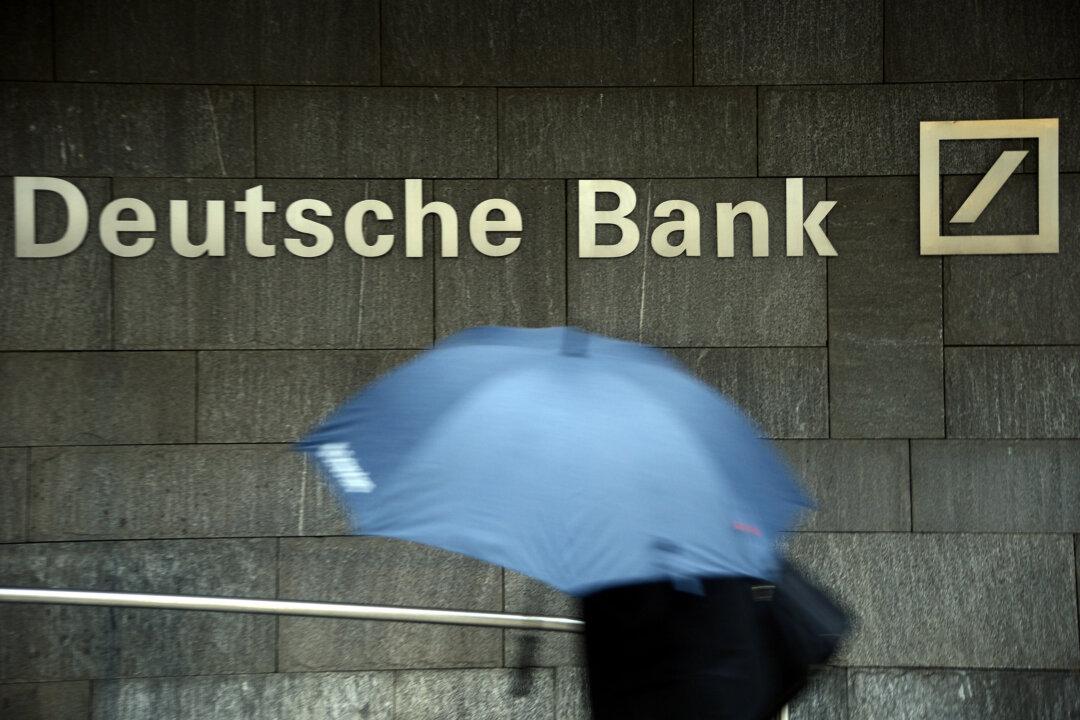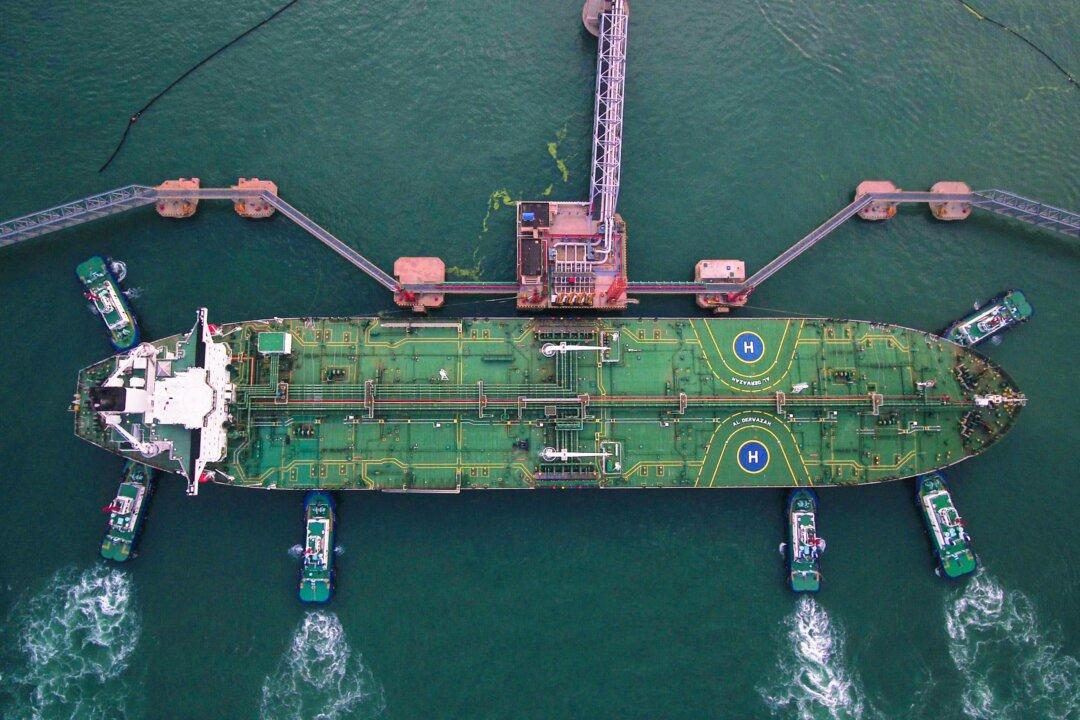The story is a familiar one: A large bank with critical influence on the economy finds itself in a liquidity crunch and then its troubles soon drag down other big banks around the world with it.
In 2007, British bank Northern Rock was the first bank to run out of money, but it wouldn’t be the last in what was to become the Global Financial Crisis of 2008-09. Even though it issued one in every five mortgages in Britain, Northern Rock was strapped for cash. Its business model relied on selling very low-interest rate mortgages and then bundling them into quarterly bond offerings. That model worked well until there were no more buyers for the increasingly risky bonds.





